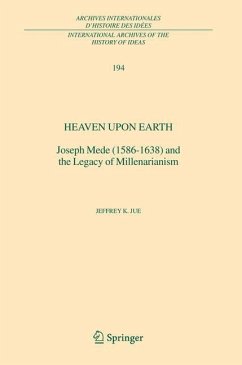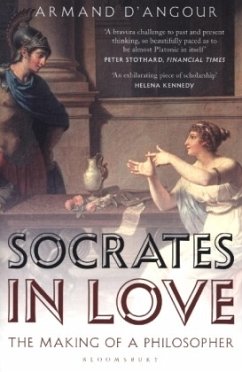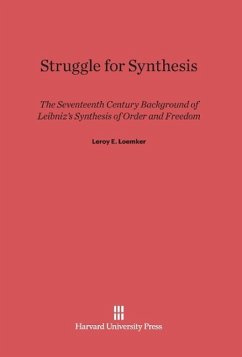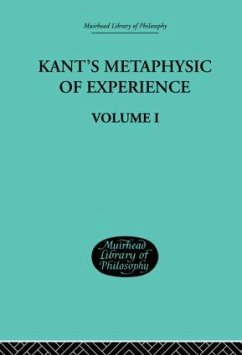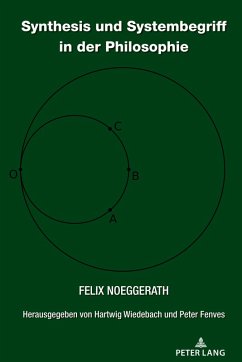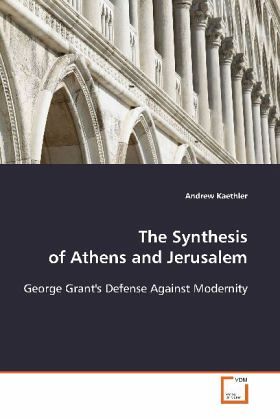
The Synthesis of Athens and Jerusalem
George Grant's Defense Against Modernity
Versandkostenfrei!
Versandfertig in 6-10 Tagen
32,99 €
inkl. MwSt.

PAYBACK Punkte
16 °P sammeln!
This book examines the way in which George Grant, oneof Canada''s most famous political philosophers, holdstogether the great intellectual traditions of Athensand Jerusalem. By combining these two greattraditions in an uneasy synthesis Grant sought toremove the impurities of technology and historicism.Inevitably this brought him into contact with thegreat philosophical geniuses Martin Heidegger andFriedrich Nietzsche. These German thinkers broughtgreat clarity to Grant''s thought,but they alsorepresented that which Grant sought to defendagainst, modernity. Grant''s synthesis of Platonismand we...
This book examines the way in which George Grant, one
of Canada''s most famous political philosophers, holds
together the great intellectual traditions of Athens
and Jerusalem. By combining these two great
traditions in an uneasy synthesis Grant sought to
remove the impurities of technology and historicism.
Inevitably this brought him into contact with the
great philosophical geniuses Martin Heidegger and
Friedrich Nietzsche. These German thinkers brought
great clarity to Grant''s thought,but they also
represented that which Grant sought to defend
against, modernity. Grant''s synthesis of Platonism
and western Christianity provides the checks and
balance to learn from Heidegger and Nietzsche and yet
enough force to defend against them. With this
synthesis Grant hopes to provide a horizon with which
justice and morality can be measured, and a way of
knowing in which intimations of God are visible.
Grant is successful in this respect; however, his
engagement with Heidegger and Nietzsche did not leave
his theology unscathed.
of Canada''s most famous political philosophers, holds
together the great intellectual traditions of Athens
and Jerusalem. By combining these two great
traditions in an uneasy synthesis Grant sought to
remove the impurities of technology and historicism.
Inevitably this brought him into contact with the
great philosophical geniuses Martin Heidegger and
Friedrich Nietzsche. These German thinkers brought
great clarity to Grant''s thought,but they also
represented that which Grant sought to defend
against, modernity. Grant''s synthesis of Platonism
and western Christianity provides the checks and
balance to learn from Heidegger and Nietzsche and yet
enough force to defend against them. With this
synthesis Grant hopes to provide a horizon with which
justice and morality can be measured, and a way of
knowing in which intimations of God are visible.
Grant is successful in this respect; however, his
engagement with Heidegger and Nietzsche did not leave
his theology unscathed.





